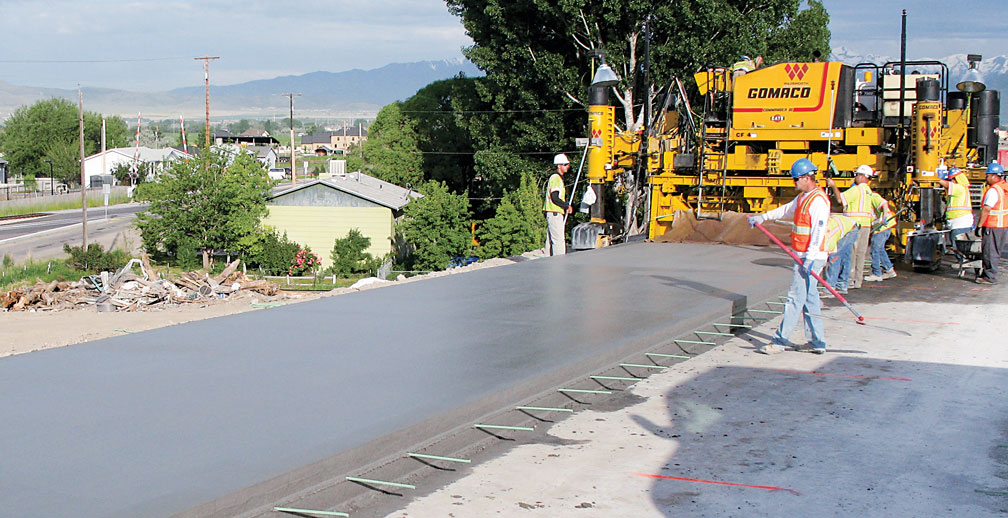Road accident in Jamaica. Source of image: Jamaica Observer
A breakdown of 2014 statistics can be found the Jamaica Observer article entitled December 2014 deadliest month on Ja's roads in 3 years. Quoting from the aforementioned article "according to the most recent fugures released by the National Road Safety Council (NRCS), the number of fatal crashes and fatalities across the island in 2014 exceeded the number recorded in 2013.The statistics show that from January 1 to December 31 last year there were 299 fatal crashes and 330 fatalities.
The figures are worrying, seeing that 256 road fatalities were recorded in 2012, this was the lowest in over decade. A quick calculation using the 2014 figure, gives a road fatality rate of approximately 12.2 per 100 000 inhabitants. Data on Wikipedia places the world average at 18 per 100 000 inhabitants, this suggests that the fatality rate in Jamaica is lower than the world average. However, the rate in the developed world is below 10 per 100 000 inhabitants.
Preventive Measures
Research shows that 80 per cent of accidents are caused by human error; namely speeding, drunk driving, non-wearing of seat belts or helmets and improper use of our roads by pedestrians. Individuals often argue that the speed limit our roads are too low. However, anecdotal evidence implies that many Jamaicans ignore them anyway. This is seemingly an unknown danger.
Using an example, a car travelling at 100km/h has 4 times more energy, as per if a car is travelling at 50km/h. In other words, an individual travelling at twice the speed has an exponential chance of being injured or killed, if involved in a collision. Additionally, knowing that many Jamaicans are non-seat belt users, the likelihood of being in an high speed collision is further compounded. Energy cannot be created or destroyed. I say this to state the purpose of a seat belt, and that is to prevent an individual from being thrown from an automobile, or gradually reduce built up energy of an individual in a moving vehicle. In this regards, I will make a list of possible preventative measures.
Significantly reducing road accidents and fatalities requires a multifaceted approach, including but not limited to:
- Public education of individuals, starting from the early childhood level.
- Enforcing existing and future road traffic laws.
- Build out of adequate sidewalks, this should prevent tragedies such as the one close to University Hospital of the West Indies (UHWI).
- Improving vehicle safety.
These are tangible steps that should be implemented in the shortest possible, at least the first three steps. Road accidents are unpreventable, attributable to human error and mechanical failure. However, measures should be implemented to reduce violent and fatal road accidents.
Let's hope for sanity on our roads in 2015.
References
List of countries by traffic related road death rate, Wikipedia
http://en.m.wikipedia.org/wiki/List_of_countries_by_traffic-related_death_rate
Causes of collisions, Mayo road safety
http://www.roadsafetymayo.ie/CausesofAccidents/
256 traffic fatalities in 2012, Jamaica Observer
http://www.jamaicaobserver.com/news/256-traffic-fatalities-in-2012


